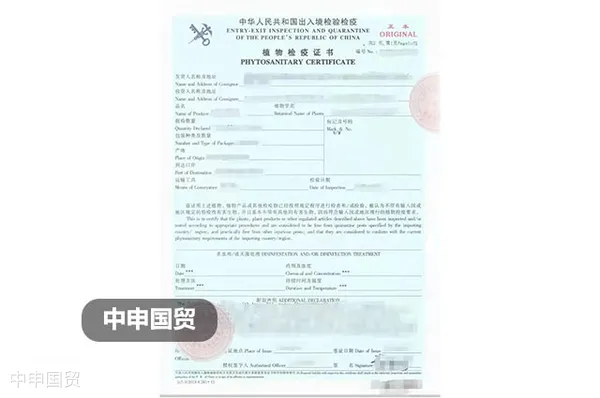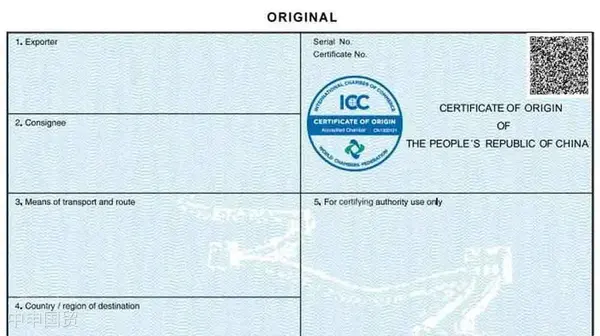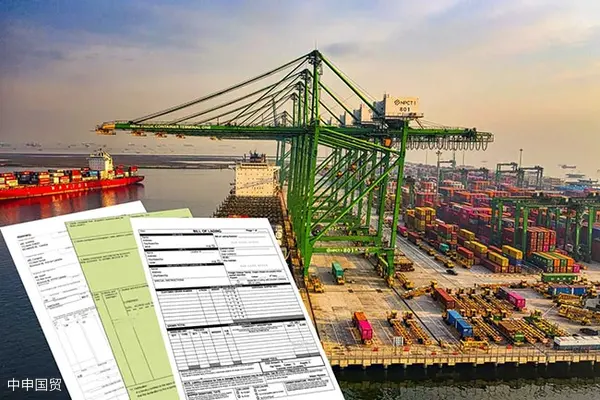- Shanghai Zhongshen International Trade Co., Ltd. - Two decades of trade agency expertise.
- Service Hotline: 139 1787 2118
Inspection and quarantine certificates are an important means to ensureimport and exportthat goods meet national and international standards. These certificates play a key role in safeguarding public health, protecting the ecological environment, ensuring food safety, preventing the spread of infectious diseases, etc. Some common certificates will be explained in detail below:
(1) Inspection Certificate:A certificate to prove whether the quality, quantity, specifications, etc. of the goods meet the contract or other relevant regulations.
(2) Sanitary Certificate:A certificate to prove that the goods meet the sanitary standards and are harmless, usually related to food,Cosmetics & Personal Careetc.
(3) Health Certificate:Generally used for animal and plant products, to prove that the products are healthy, free from diseases and pests.
(4) Veterinary (Sanitary) Certificate:To prove that animal products meet the veterinary and sanitary requirements of the destination country and are free from infectious diseases, etc.
(5) Animal Health Certificate:Similar to the veterinary certificate, to prove that animals or animal products meet specific sanitary standards.
(6) Phytosanitary Certificate:To prove that plants or plant products meet the phytosanitary regulations of the importing country and are free from pests and diseases.
(7) Fumigation/Disinfection Certificate:To prove that the goods have been properly fumigated or disinfected to eliminate possible harmful organisms.
These certificates not only help ensure the quality and safety of imported and exported goods, but also enhance the transparency and credibility of international trade. In international trade, the lack of appropriate inspection and quarantine certificates may lead to the rejection or delay of goods, thus affecting the transaction efficiency and reputation.

Process for applying for export inspection and quarantine certificates:
Enterprise registration:Export enterprises should complete the registration procedures at the local customs.
Selection of certificate type:According to the export products and destination, when enterprises make inspection and quarantine declarations to the local customs on the single window, they should check the applicable export inspection and quarantine certificates.
Customs inspection:The customs conducts inspection and quarantine conformity assessment on the declared goods in accordance with the law.
Issuance of certificates:After passing the inspection, the customs will issue the corresponding export inspection and quarantine certificates.
Process for modifying certificates already obtained:
Submission of change application:Enterprises need to submit a change application form to the local customs that issued the certificate.
Review and approval:It can only be processed after being reviewed and approved by the customs.
Retrieve the original certificate:The original certificate (including the copy) must be retrieved; if it is lost, relevant materials of the revocation statement need to be provided.
Pay attention to the change restrictions:
1) For important items such as product name, quantity, packaging, etc., if they do not conform to the contract or the regulations of the destination country, they cannot be changed.
2) If it exceeds the validity period of the inspection and quarantine certificate, no change or supplementary content will be given.
These procedures ensure the accuracy and compliance of the export inspection and quarantine certificate, which helps to maintain the standardization and smoothness of international trade. Enterprises must follow the corresponding laws, regulations and procedures when applying for and modifying certificates to ensure that their products meet the standards and requirements of the receiving country.
Related Recommendations
? 2025. All Rights Reserved. 滬ICP備2023007705號-2  PSB Record: Shanghai No.31011502009912
PSB Record: Shanghai No.31011502009912










